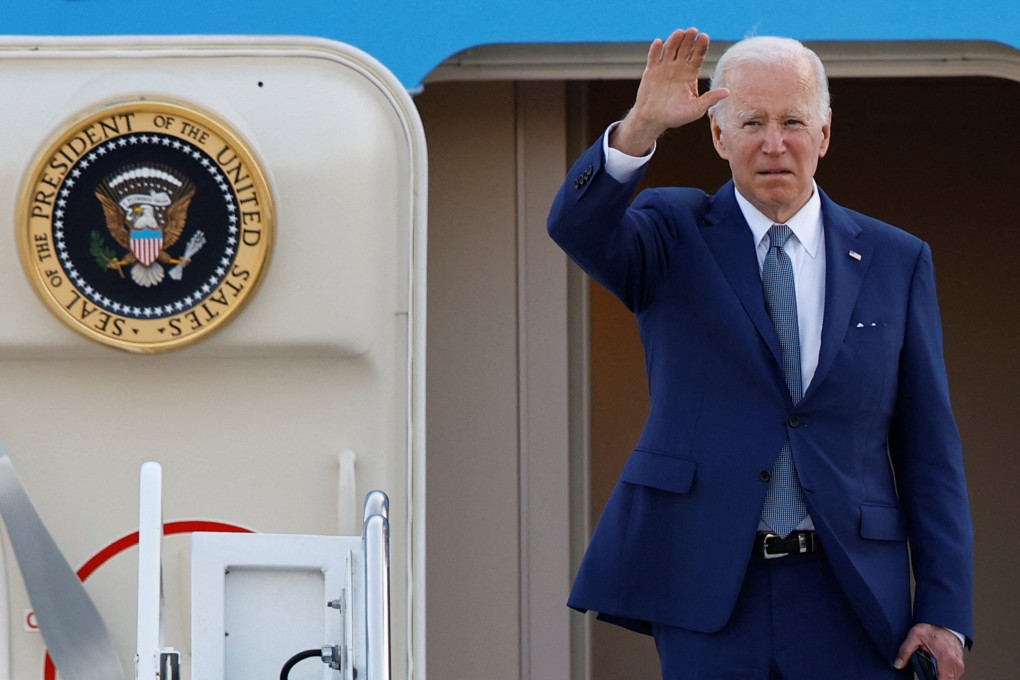Advertisement
Biden on Taiwan: don’t read too much into defence pledge, analysts say
- The US president was not signalling a shift from America’s strategic ambiguity policy on the island, observers say
- ‘Military involvement does not mean troops’ on the ground
Reading Time:3 minutes
Why you can trust SCMP
82

Beijing and Taipei should not read too much into US President Joe Biden’s latest suggestion that the United States would be willing to use force to defend Taiwan against attack from Beijing, according to analysts.
The assessment comes after Biden prompted a diplomatic flurry when he was asked in Tokyo on Monday whether the US was willing to get involved militarily to defend the self-ruled island.
“Yes, that’s the commitment we made,” he said. “We agree with the one-China policy. We signed on to it. All the attendant agreements [were] made from there.
Advertisement
“But the idea that that can be taken by force, just taken by force. It’s just not, it’s just not appropriate.”
However, Biden added that he did not expect such an event would happen.
Advertisement
The White House and the Pentagon later walked back Biden’s remarks, saying the comments – the latest in a string of mixed signals over the island from the US president since he took office in January last year – did not reflect a policy shift.
Advertisement
Select Voice
Select Speed
1.00x